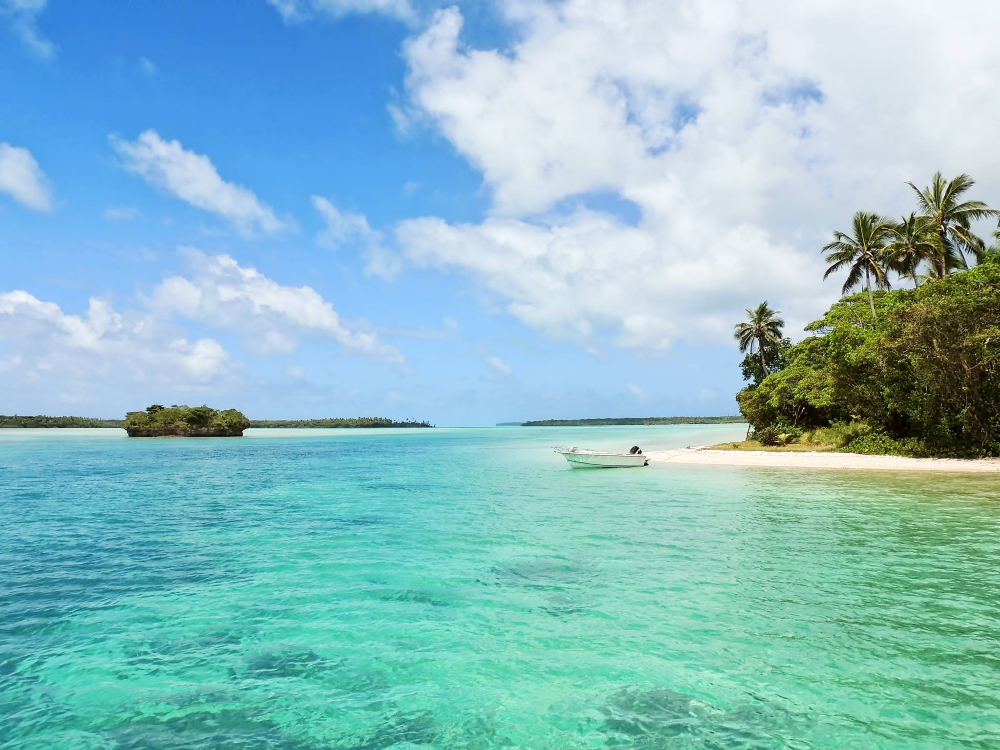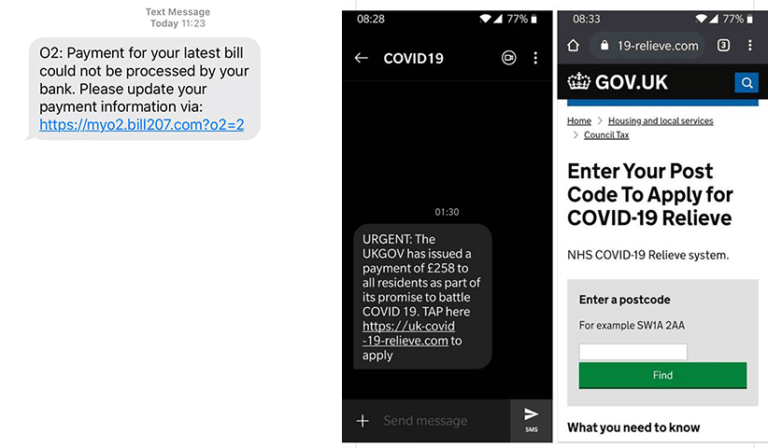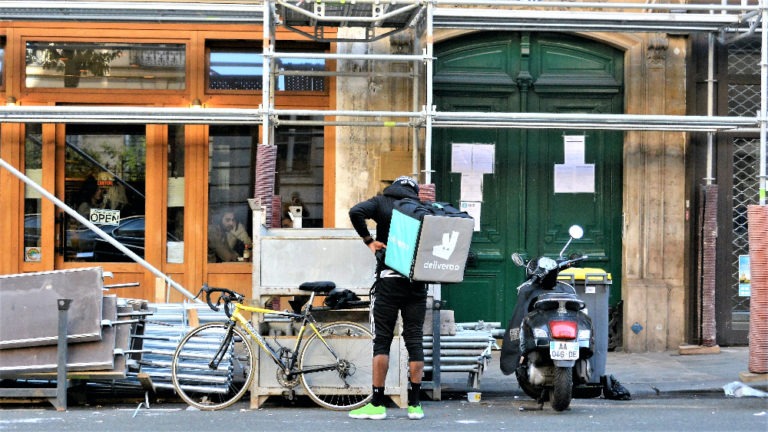Should you book a holiday abroad right now?
This week, Transport Secretary Grant Schapps has finally said Brits can “start to think” about booking holidays abroad again – in England at least, as devolution means Wales, Scotland and Northern Ireland may still follow their own timelines.
There will be no leisure travel until 17 May at the earliest, as previously set out in the roadmap out of lockdown, but after that – all else being equal – holidays will be permitted again.
To make that transition as safe as possible, the government will be introducing a traffic light system, with different restrictions placed on travellers depending on whether they’ve arrived in the UK from a green, amber or red destination.
There’s also a “green watchlist”, which are destinations that could swing to amber in the near future.
The requirements for different destinations
- Green: arrivals will need to take a pre-departure test as well as a polymerase chain reaction (PCR) test on or before day 2 of their arrival back into the UK – but will not need to quarantine on return (unless they receive a positive result) or take any additional tests, halving the cost of tests on their return from holiday
- Amber: arrivals will need to quarantine for a period of 10 days and take a pre-departure test, and a PCR test on day 2 and day 8 with the option for Test to Release on day 5 to end self-isolation early
- Red: arrivals will be subject to restrictions currently in place for ‘red list’ countries which include a 10-day stay in a managed quarantine hotel, pre-departure testing and PCR testing on day 2 and 8
Whether a destination is red, amber or green will be determined by the level of Covid risk to travellers.
The government will be looking at things like the percentage of the destination’s population that have been vaccinated, the rate of infection, the prevalence of variants of concern and the country’s access to reliable scientific data and genomic sequencing.
The lists haven’t been released yet, although it’s not hard to imagine that the countries on the existing red list will be migrated to the new one.
Most of the world will likely be on the amber list, with only a handful on the green list – like the Travel Corridors we saw last summer.
But unlike last summer, judging by the current state of affairs in continental Europe, there aren’t many destinations close to home that could feasibly make it on to the green list in time. So we’ll likely see more long haul contenders, at least initially.
That said, we’re still a long way to go until May.
For the travel starved among us – and judging by this straw poll there are quite a few – this should all be a good thing right?
For the average individual, there are still a lot of hurdles to get over before that holiday happens.
The uncertainty of booking now
As we saw from the travel corridors system, by the time it was scrapped and all borders were closed, it was pretty useless anyway.
Either it was impossible to get to those destinations via a direct flight, which meant a detour that required quarantine on return, or those destinations weren’t open to travellers from the UK.
The traffic light list may be similarly ineffective but that remains to be seen.
Without a list, if you book now you’re really looking at a gamble so make sure you have as much protection as possible.
Package holidays are your best bet – they come with Atol protection which means if the travel firm cancels your trip, they must provide you with a full refund within 14 days.
That said, while most will cancel trips when the Foreign Office changes its advice, not all of them do. And the Foreign Office’s advice might not necessarily reflect that of the traffic light list – something we experienced when the Travel Corridors were launched last year.
If the latter happens, there’s not much you can do if you don’t want to travel besides getting in touch with the holiday firm to try and move your travel dates. In the case of the former, you may be able to do the same or make a complaint to the Competition and Markets Authority if they refuse to address the situation.

To mitigate the hassle of chasing for refunds, book with a travel firm with a good returns policy.
As we’ve seen in the last year, not every firm has been saintly when it came to processing refunds, even in the case of package holidays.
Make sure you read the terms and conditions as well so you know what you’re signing up for.
Also, use a credit card to book where you can so your holiday is covered under Section 75 of the Consumer Credit Act, which gives you the power to dispute payments if you don’t receive what you’ve paid for.
Finally, a good, comprehensive travel insurance will be essential – make sure you look for things like coverage for cancellation due to Covid and not just for medical expenses if you get sick.
Staggering cost of Covid tests
Aside from the uncertainty that comes with booking now, you also need to factor in costs – not just of the holidays themselves but also of the Covid tests.
Most destinations still require Covid tests of some variety before departure. And to come back to the UK, even from a green destination, you still need two lots of tests.
With PCR tests costing upwards of £80 each, the testing requirements may end up costing more than the holiday itself and it certainly rules out any weekend breaks – unless money is of no objective, of course.
Should you book a holiday now or wait?
Personally I only have one international trip lined up – a hangover from last year – and I’m not entirely sure it’s going to happen.
Balancing up the hassle and the cost, without even factoring in safety, I’d go with a staycation this summer.
But if my income suddenly doubled or trebled, I’d look for somewhere long haul with a view to stay for a good chunk of time to make it all worth while.
Even then, I wouldn’t book until I knew borders were definitely reopening on 17 May and what countries are on the green list – any saving you might make now isn’t worth the potential hassle of trying to wrangle a refund if the holiday doesn’t go ahead.







